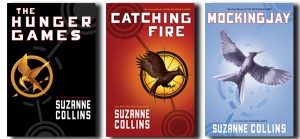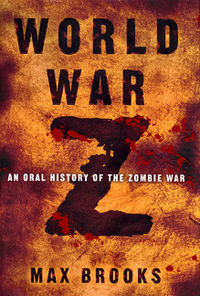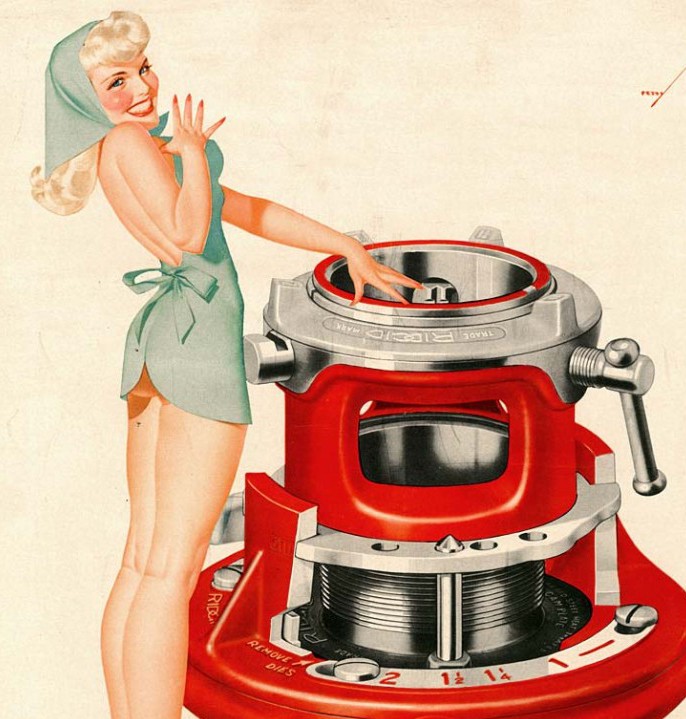I haven’t really been writing much about things that matter, like books and comics and things that make me want to run around my room shrieking with happiness. This post tries to fill that gaping void in your life.

There are a lot of shitty fantasy trilogies around, but Hunger Games is not one of them. The books were recommended to me by a librarian who sat next to me at a Neil Gaiman show. The movie trailer came out a little while ago, and no doubt I would have dismissed it as another of those post-Twilight teen-angst bubbles. But hey, librarian-recommendation. So I read book 1, and was blown away, and finished books 2 and 3 the same week. It’s hard to read when you’re on vacation, but these were just that good.
What’s the series about? If you’ve read/watched Battle Royale or The Running Man and The Long Walk by Stephen King, you will understand that Suzanne Collins takes familiar tropes, at least in the first book, and then takes those to their logical conclusion in the sequels. The protagonist is a girl that plays with metaphorical fire, and kicks up a political hornet’s nest of epic proportions. The cast of characters features a gruff Mentor-figure, a star-crossed relationship , a Diabolical Villain (who does not even make a proper appearance until the beginning of the second book – well-played there, Ms Collins), a Faithful Confidante, and surprisingly, the most awesome Fictional Fashion Designer you’ve ever seen. The three books work beautifully well together, and I loved the way how the storyline unraveled the world’s back-story slowly, the characters acquiring voices of their own. The books brought me on the brink of tears multiple times, and made me skip a healthy regime of sleep just so that I get my pulse-rate back to normal.

I read Max Brooks’ World War Z: An Oral History Of The Zombie War on a recent flight. Had heard good things about the book on Joe Hill’s Twitter Geek list, even though I had known of Brooks as a parody guy. Expectations were low – how much more can this whole zombie fad be milked anyway? Turns out it can, and wonderfully at that.
Brooks looks at the zombie outbreak as an actual worldwide event and examines its sociopolitical implications. He presents it like a documentary-style set of interviews with survivors, soldiers, politicians, inventors, people from all over the world – much unlike traditional zombie media, where the focus is on a small band of individuals. The interviews lay out the timeline of the “war”, from the time the zombie outbreak caused society to break down, the slow and eventual return to some form of normalcy, and finally, the climactic showdown. In the process, it covers how every aspect of society is changed as a result – from racism to film-making, military strategy to everyday slang, how certain countries take the lead in containing the social meltdown, and how society mutates to keep up. The interviews lead into one another, jumping across continents, showing just how random events on one side of the globe affect other countries.
The book has tonnes of disturbing moments – a traumatized young girl’s account of a zombie attack, political shenanigans that lead to loss of lives, a zombie vaccine that turns out to be a marketing placebo, the build-up to nuclear war between unlikely enemies. And it has moments of stunning epicness – I refer to them as F!$* Yeah Moments. The Japan arc, for example, blindsides you completely, with two unlikely “protagonists” undergoing their own trials against the zombies. Pay close attention to the real-world nudge in the South Africa arc – where a plan concocted during the apartheid years to contain race mobs is resurrected to contain the zombie attack.
The movie is in production right now, but with stars like Brad Pitt attached to the movie, I have a feeling that the everyday aspect of the book will be abandoned in the favor of focusing on specific individuals. This book offers the refreshing view that human society as a whole can be heroic, somehow I do not see Hollywood subscribing to that utopian ideal. Oh well.
